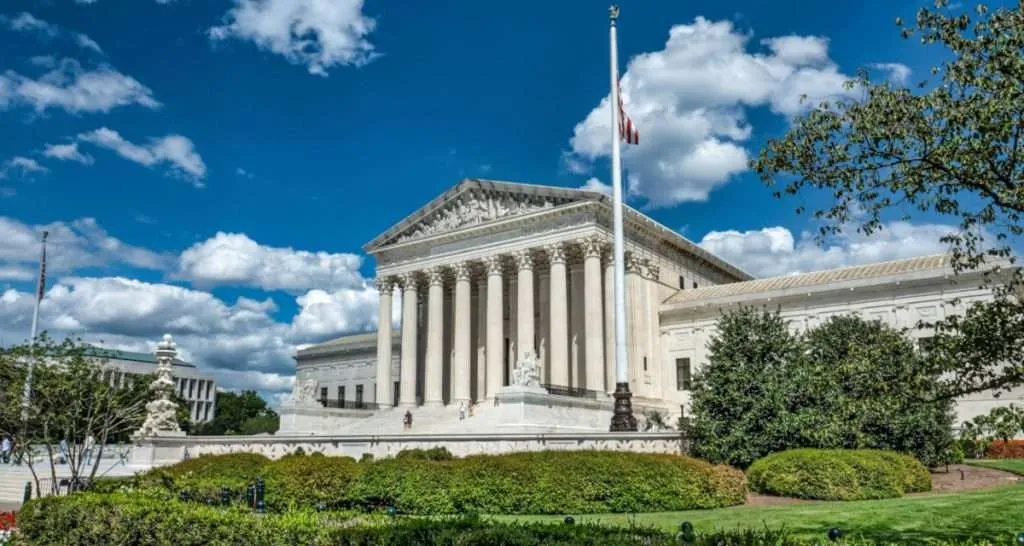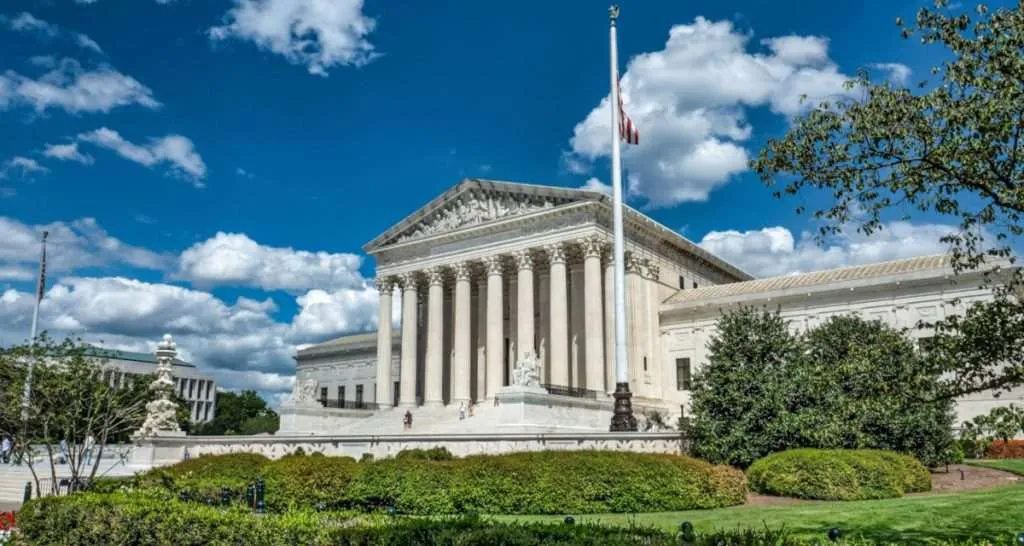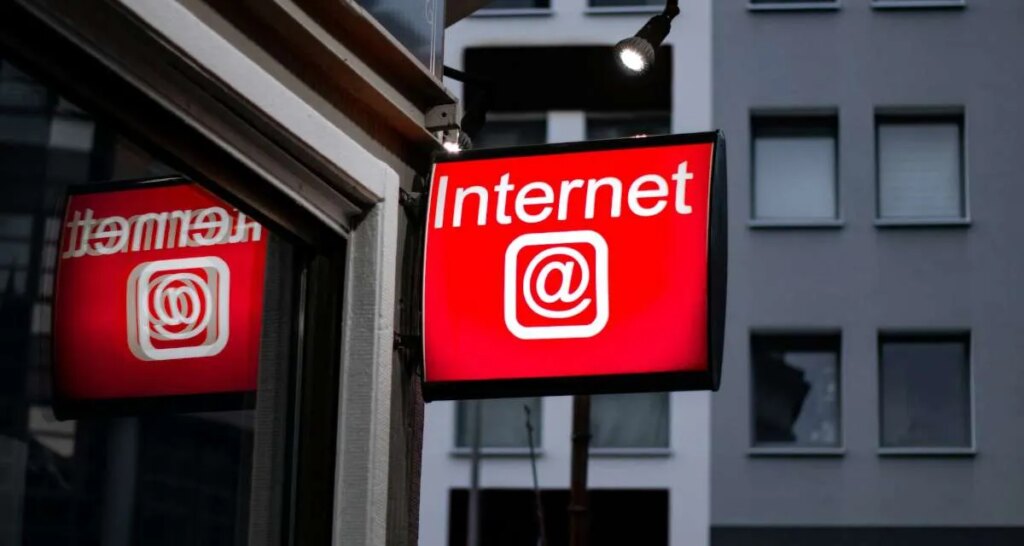Major Labels Fire Back Against U.S. Government in Cox v. Sony Music Infringement Battle

Photo Credit: Amy Syiek
Labels are “bewildered” by the US government’s view that an ISP isn’t automatically liable for not banning users for repeated copyright infringement.
The latest shot has been fired in the landmark ISP piracy liability showdown between Cox and major record labels spearheaded by Sony. The internet service provider has fought to find the law on its side after a Virginia court ordered the company to pay $1 billion in damages for not taking appropriate action against pirating subscribers.
Cox petitioned the U.S. Supreme Court last year, arguing that an ISP shouldn’t be held liable for its subscribers committing piracy. It challenged the assertion that knowing about subscriber piracy constitutes “willful” copyright infringement. The Supreme Court showed interest in hearing the internet provider out, but asked the Government’s position on the matter before reaching a decision whether to take on the case.
Two weeks ago, the Solicitor General’s amicus brief was released, siding with Cox and urging the Supreme Court to grant the company’s position. Such a move is significant not just for Cox, but for other internet service providers as well as the broader public.
The U.S. Government’s stance finds that an ISP is not automatically liable for copyright infringement by failing to terminate subscriber accounts after receiving copyright infringement notices. Further, the brief argues that Cox’s actions did not constitute “willfulness,” which would require knowledge or reckless disregard that its subscribers’ conduct was unlawful. Merely knowing about third-party infringement does not qualify.
The Solicitor General also urged the Supreme Court to deny the record labels’ petition. Sony and the other labels involved argued that Cox should be held vicariously liable for copyright infringement, since it profited from piracy it could have worked to prevent.
Now, the record labels have issued a supplemental filing with the Supreme Court, in which they characterize the Solicitor General’s recommendation as “bewildering.” They argue that Cox’s liability is “straightforward” and doesn’t warrant Supreme Court interference in the first place because the ISP would face liability “in any jurisdiction.”
“Cox was held liable not because it failed to do enough to police infringement, but because it took no meaningful steps to stop infringement and continued serving specific, identifiable subscribers even after receiving explicit notice of their repeat (and often rampant) infringement,” the brief argues.
The labels insist that the evidence on record shows that Cox did willfully choose to let repeat infringement occur, because subscribers earn the company revenue. Cox did not, therefore, “meaningfully” implement a policy “for the termination in appropriate circumstances of repeat infringers.”
According to the labels, the lower courts have been very clear on liability cases, and there is “overwhelming evidence” of Cox’s willfulness—the ISP didn’t even contest that finding during its appeal. “The Court should grant Sony’s petition and deny Cox’s. If the Court disagrees, it should grant both,” the brief concludes.
Link to the source article – https://www.digitalmusicnews.com/2025/06/15/major-labels-fire-back-against-u-s-government-in-cox-v-sony/
-
Donner DED-200 Electric Drum Sets with Quiet Mesh Drum Pads, 2 Cymbals w/Choke, 31 Kits and 450+ Sounds, Throne, Headphones, Sticks, USB MIDI, Melodics Lessons (5 Pads, 3 Cymbals)$379,99 Buy product
-
Music Alley 3 Piece Kids Drum Set with Throne, Cymbal, Pedal & Drumsticks, Blue, (DBJK02)$89,99 Buy product
-
36PCS Acoustic Guitar Bridge Pins Pegs with 2 PCS Guitar Saddle Nut and Bridge Pin Puller Remover, Ivory & Black$7,29 Buy product
-
Danelectro Electric Guitar Mini Amplifier, Aqua (N10A)$23,99 Buy product
-
Miortior Electronic Drum Set, 10 Pads Roll-up Drum Practice Pad with Drum Pedals & Drum Sticks, Portable Drum Pad Machine Built-in Speaker with Headphone Jack, Great Christmas & Birthday Gift for Kids$49,99 Buy product
-
Teyleten Robot INMP441 Omnidirectional Microphone Module MEMS High Precision Low Power I2S Interface for ESP32 (5PCS)$13,88 Buy product













Responses